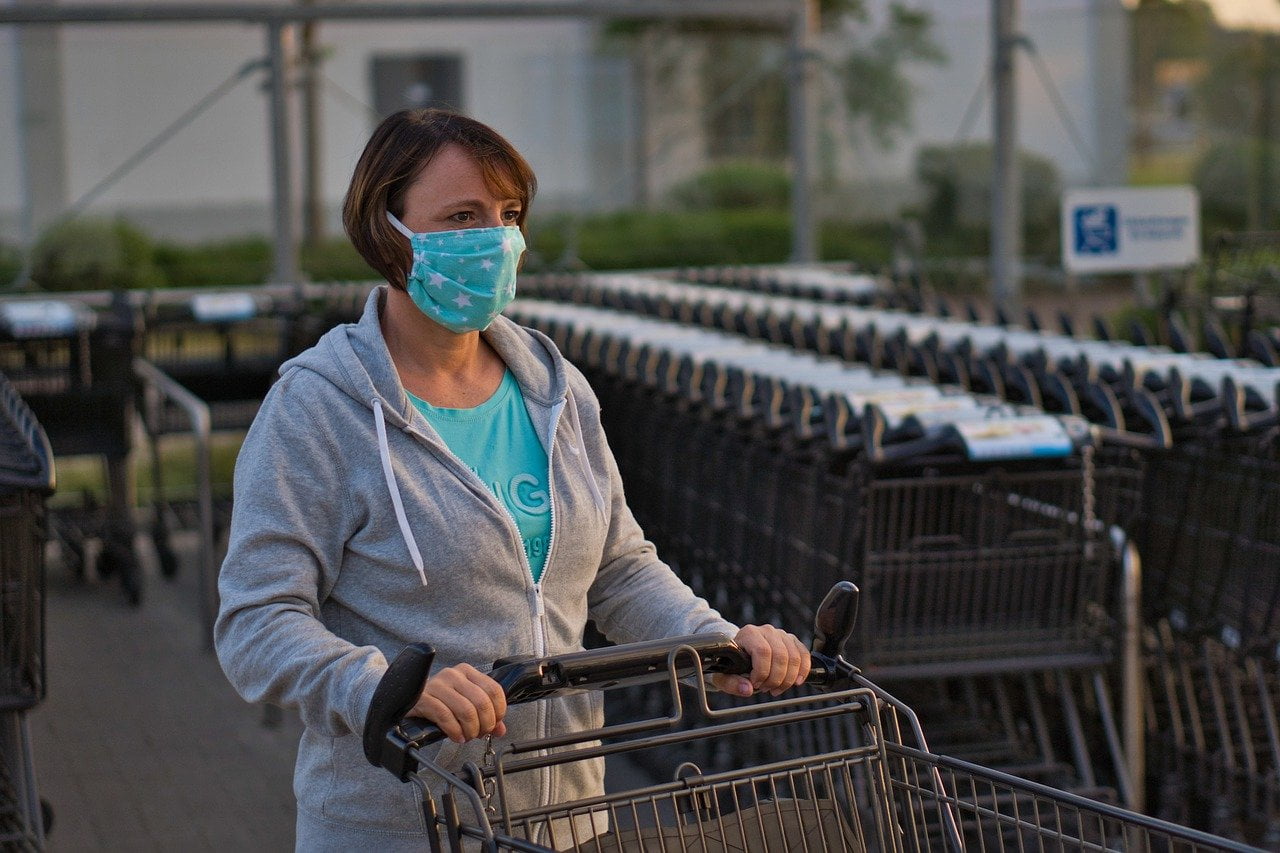Reporting in POLITICO this holiday weekend shed new light on the growing difficulties working Americans are facing during the ongoing COVID-19 crisis — even as more affluent Americans are “earning and saving at record levels.” The Trump administration’s mismanaged pandemic response and lawmakers’ shocking lack of urgency in making an additional relief deal has left the nation’s wealthy in a good spot — saving funds and paying off debts — even as low-income families are struggling to provide basic essentials like food, medicine, and housing – heightening the wealth divide.
Q2 2020 hedge fund letters, conferences and more
The Wealth Divide Is Getting Bigger
“The nation’s wealth divide isn’t a new phenomenon, but it’s clear from COVID-19's disparate impacts that working and low-income families are facing a larger burden than ever,” said Kyle Herrig, president of Accountable.US. “Lawmakers can’t keep abdicating their responsibility to help families weather this crisis. Congress needs to get to work securing a new relief deal to help get Americans the support they need."
KEY POINTS FROM POLITICO:
- “Recent economic data and surveys have laid bare the growing divide. Americans saved a stunning $3.2 trillion in July, the same month that more than 1 in 7 households with children told the U.S. Census Bureau they sometimes or often didn’t have enough food.”
- “More than a quarter of adults surveyed have reported paying down debt faster than usual, according to a new AP-NORC poll, while the same proportion said they have been unable to make rent or mortgage payments or pay a bill.”
- “And while the employment rate for high-wage workers has almost entirely recovered — by mid-July it was down just 1 percent from January — it remains down 15.4 percent for low-wage workers, according to Harvard’s Opportunity Insights economic tracker.”
- “... roughly a million laid-off workers are filing for unemployment benefits each week, millions more have seen their pay and hours cut, and permanent job losses are rising. The economy gained 1.4 million jobs in August, the Labor Department reported Friday, but the pace of job growth has slowed at a time when less than half of the jobs lost earlier this year have been recovered.”
- "The burden is falling heavily on the poorest Americans, who are more likely to be out of work and less likely to have savings to lean on to weather the crisis. While recessions are always hardest on the poor, the coronavirus downturn has amplified those effects because shutdowns and widespread closures have wiped out low-wage jobs in industries like leisure and hospitality.”
Accountable.US is a nonpartisan watchdog group that exposes corruption across all levels of government.





